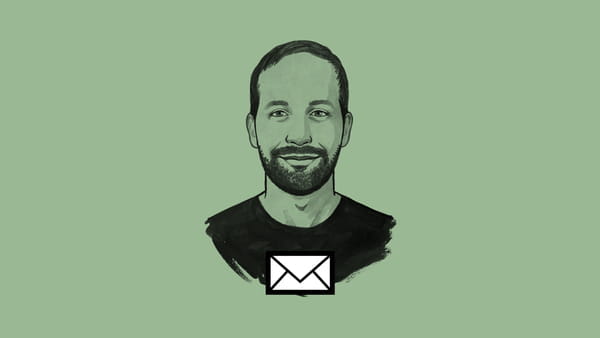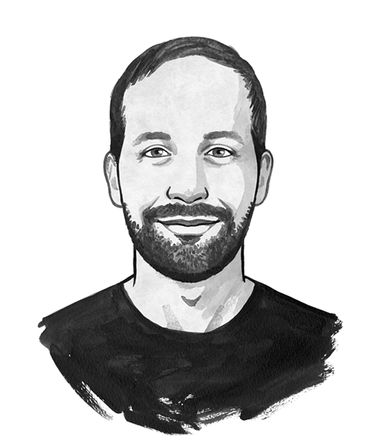Hi,
This week, a friend visited me from out of town. She and her family were on an unplanned trip to Minnesota to escape the wildfires in California. Her oldest child is four years old and is already experiencing chronic breathing problems that my friend said were triggered by lingering smoke from the fires last year.
Ours is a friendship that could only happen in the late 2010s: we are both “climate people”. We have both committed to devoting our lives – truly, every waking moment – to confronting the reality of our time. When you’re a climate person, there is no escaping.
I had never met her in person before this week, but we instantly connected in a way that felt like we were sharing a set of knowledges that were beyond words.
When we sat down for coffee, the first thing she did was apologise profusely. She was sorry she took an airplane, she was sorry she wasn’t doing more, she was sorry she had the means to leave her home at all. Some of her neighbours weren’t so lucky, she knew.
This ritual, or something like it, is the traditional greeting of climate people when they meet each other. There’s an intimacy in deeply understanding the implications of climate change, and we express this intimacy through guilt.
Climate people understand each other in a revolutionary way. We understand that everything that we know about the world is in the process of changing. We grieve together. We try to welcome other people into our fold in a way that best matches their ability to understand these difficult truths. Once you understand the intersectionality of the climate movement with all other justice-seeking movements, there is no way to not be a climate person.
It’s a jarring feeling, knowing that we have to do centuries worth of work in just a few years. We have to re-learn how to love each other, how to share moments of stress, how to just exist during a moment of rapid change.
As we were wrapping up our conversation, we were both almost in tears. She said she and her family were considering moving to Minnesota, they had other friends in the area. They weren’t quite sure how long they could stand the fires, the power outages, the knowledge that no matter what happens, at least for a little while, things are going to get worse in California.
We talked about how the responsibility of being climate people – now that the movement is finally becoming mainstream – is leading by stepping aside and allowing an entirely new world to come into being. Because the truth is this movement is not about climate people like us – privileged white people. It is about everyone, especially those marginalised by the current system. For this new era of humanity, a key responsibility is to remember those who have carried this struggle for generations without being heard, and who now must be.
As a white guy climate person, I have learned that my core audience is other white guys who choose not to know this information. Men that could be climate people, but aren’t yet. We need to teach each other how to listen, to pass the mic, to use our privilege to fundamentally change the system. I’m not sure how to have these conversations. But I’m realising more and more that the act of having them is what is most important.
Thank you so much,
Eric
 Would you like to receive my newsletter in your inbox?
Follow my weekly newsletter for an insight into the work, thoughts and ideas that go into being a Climate correspondent.
Would you like to receive my newsletter in your inbox?
Follow my weekly newsletter for an insight into the work, thoughts and ideas that go into being a Climate correspondent.

